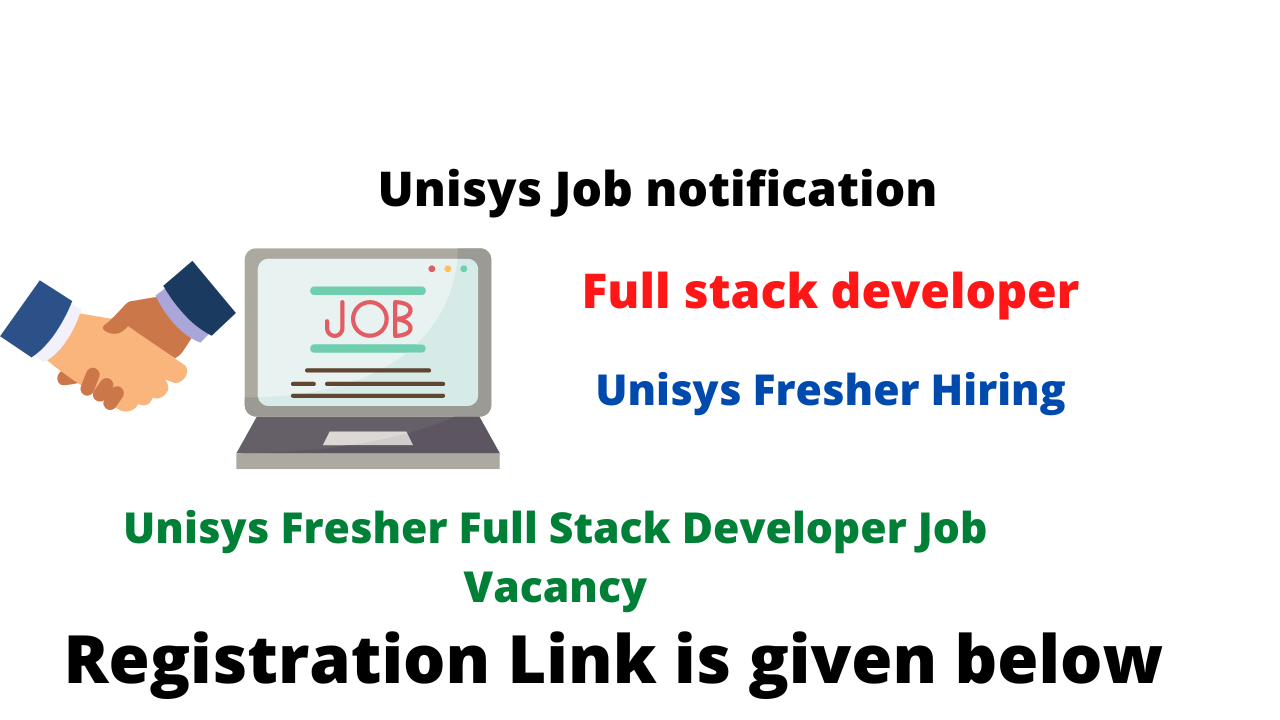
If you're interested in becoming a system software engineer, there are many options available to you. There are many career options available, no matter what your interests may be. When choosing a career in this field, there are many things you should consider, such as the education required, work environment and job duties.
Day in the life of a system engineer
Workday employs thousands of software engineers to support its network infrastructure, including servers, routers, and other devices. This role requires strong analytical skills and the ability of validating the delivery. As the system software engineer will be working with many business users and technical teams, communication skills are essential.
You will be developing applications for operating systems and computer networks as a systems software engineer. Computer systems and information technology are essential skills. Additionally, you should be able perform software requirements analysis and adapt for new technical environments. You can work remotely, unlike other IT jobs. Additionally, you will be able to expect a decent pay and other perks.

Education required
An education that prepares you for the challenges you will face as a system developer is essential if you want to become a system software engineer. A computer science degree and a background as an engineer in the field will be useful. Your career will be enhanced by a master's level in this field. You can also improve your skills by continuing education. According to the Bureau of Labor Statistics currently, 385,200 software engineers are employed as computer systems developers in the United States. That number is expected increase 22 percent by 2030. This would translate into an additional 409,000.
As a systems software engineer, you will develop computer software used by different departments in an organization. A systems software engineer will also design, implement, manage, and maintain computer systems. A systems software engineer may work in a variety of fields, from gaming systems to security. Additionally, you must understand end users' needs in order to ensure that software solutions satisfy them. You should also be proficient in programming languages like C++, Java, and Python.
Job duties
There are many responsibilities for a systems software engineer. They often act as the interface between the hardware-software teams. They also design specifications and perform requirements for existing and future systems. To ensure that every project succeeds, they collaborate with many departments and clients. Software engineers are also skilled in using data and statistics to help determine the best configuration of hardware or software systems. Other responsibilities include consulting managers and other staff on technical issues, and implementing system validation procedures. They must also be able communicate important project information to managers and stakeholders, as well as foster team cohesion.
Senior software engineers are responsible to manage computer networks and software development teams. Their duties may include solving complex application problems, supervising systems developers and other IT personnel, and integrating new technologies. Senior systems software engineers also oversee the software development team, which requires them to be knowledgeable in various programming languages and have strong organizational skills. They must also have a bachelor's degree in a relevant field, such as computer science, information technology, or computer engineering.

Environment for work
System software engineers work in an office environment. They write code and run software programs to test it. He or she works with computer programmers and software engineers. They may work in a group to create large systems or independently to develop smaller programs. They may work long hours, sometimes more than forty hours per week.
This job requires a bachelor's degree, and typically requires knowledge of computer systems and technologies. Computer science and software engineering are the most common majors for system software engineers. Graduate degrees are available for those looking for a higher-level position.
FAQ
Which industries use consultants
There are many types. Some focus on one particular type of business while others specialize in more than one area.
Some consultants are limited to working for private corporations, while others can represent large corporations.
Some consultants also work internationally and can help companies around the globe.
How does consulting differ from freelancing?
Freelancers work as independent contractors and offer their services without the assistance of an agency or company. Hourly rates are usually charged based on the time they spend working on a client’s project. Consultants are usually employed by companies or agencies. Their salaries are paid usually monthly or annually.
Consultants have less flexibility than freelancers because they can control their work hours, and set their own prices. However, consultants often have better benefits, such as health insurance, vacation days, sick leave, retirement plans, etc.
How can I select a consultant?
There are three main things to keep in mind:
-
Experience - How much experience does this consultant have? Is she a beginner? Intermediate? Advanced? Expert? Does her resume reflect the knowledge and skills she has?
-
Education - What did this person study in school? Did he/she take any relevant courses after graduating? Do we see any evidence of this learning in the way he/she writes?
-
Personality - How do we feel about this person? Would you want this person to work for you?
-
These questions can help you determine whether the consultant is right for your needs. If you don't have clear answers, it may be worth meeting with the candidate for an interview.
Who hires consultants
Many organizations have consultants who help them with projects. This includes small businesses, large corporations and government agencies.
Some consultants work directly for these organizations, while others freelance. The process of hiring depends on the size and complexity the project.
Many rounds of interviews are required when hiring consultants. Then, the final decision will be made about who you believe is best for the job.
How do I become a successful consultant?
Find an area that you are passionate about. Then you have to build relationships. It is crucial to learn about your clients and understand their needs. You must also deliver results.
Although you don't have the ability to do everything perfectly, you must be better than anyone else. You also need to have a passion for what you do. It doesn't suffice to say, "I will be a consultant." You must believe in yourself.
Statistics
- According to IBISWorld, revenues in the consulting industry will exceed $261 billion in 2020. (nerdwallet.com)
- "From there, I told them my rates were going up 25%, this is the new hourly rate, and every single one of them said 'done, fine.' (nerdwallet.com)
- Over 50% of consultants get their first consulting client through a referral from their network. (consultingsuccess.com)
- According to statistics from the ONS, the UK has around 300,000 consultants, of which around 63,000 professionals work as management consultants. (consultancy.uk)
- Over 62% of consultants were dissatisfied with their former jobs before starting their consulting business. (consultingsuccess.com)
External Links
How To
What's a typical day like for a Consultant?
Depending on what type of work you do, your typical day may vary. You will be spending time researching, planning new ideas, meeting with clients, and creating reports.
You will have many meetings where clients and you can discuss their issues. These meetings may be over the phone via email, on-line, or face-to–face.
You may also be asked to prepare proposals, which are documents outlining your ideas and plans for clients. You'll need to discuss your proposals with a mentor, colleague, or friend before you present them.
You will need to create content after all your planning and preparation. You could write articles, design websites, edit photos or conduct interviews.
You may need to conduct research depending on the scope of your project to find relevant statistics and figures. For example, you may need to find out how many customers you have and whether they are buying more than one product or service.
Once you have all the information needed, it is time for clients to see your findings. Your findings may be delivered orally, or written.
You must also follow up with clients following the initial consultation. You can call clients to ask how they are doing or send emails asking for confirmation that your proposal was received.
Although it takes time, this process is worth it. It's also important to keep your eyes on the prize and maintain good relations with clients.